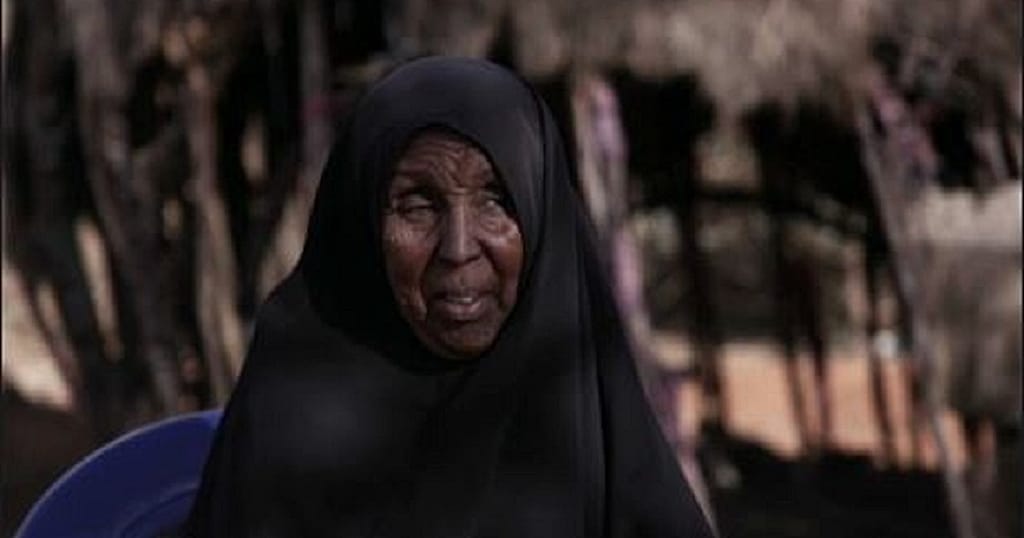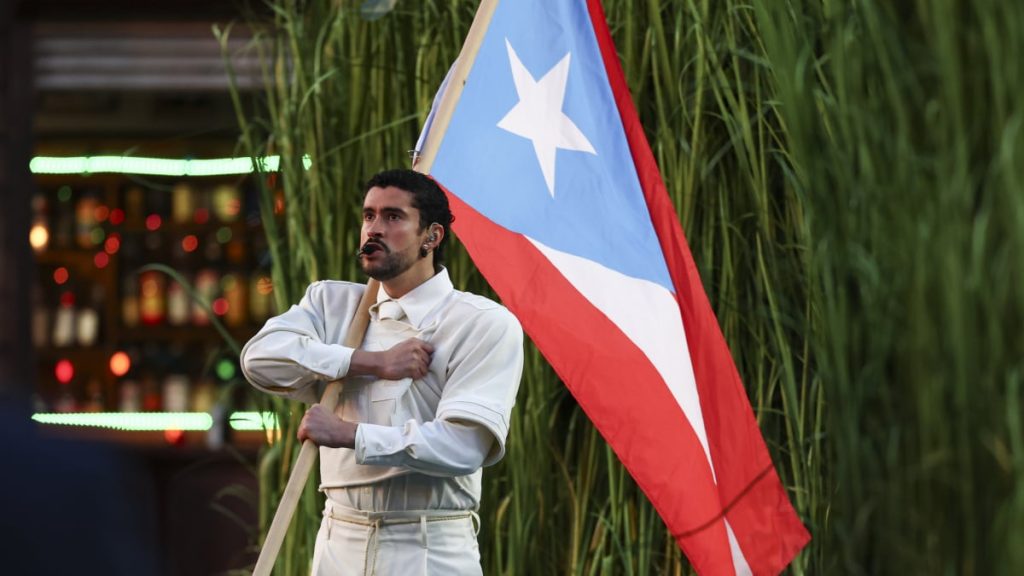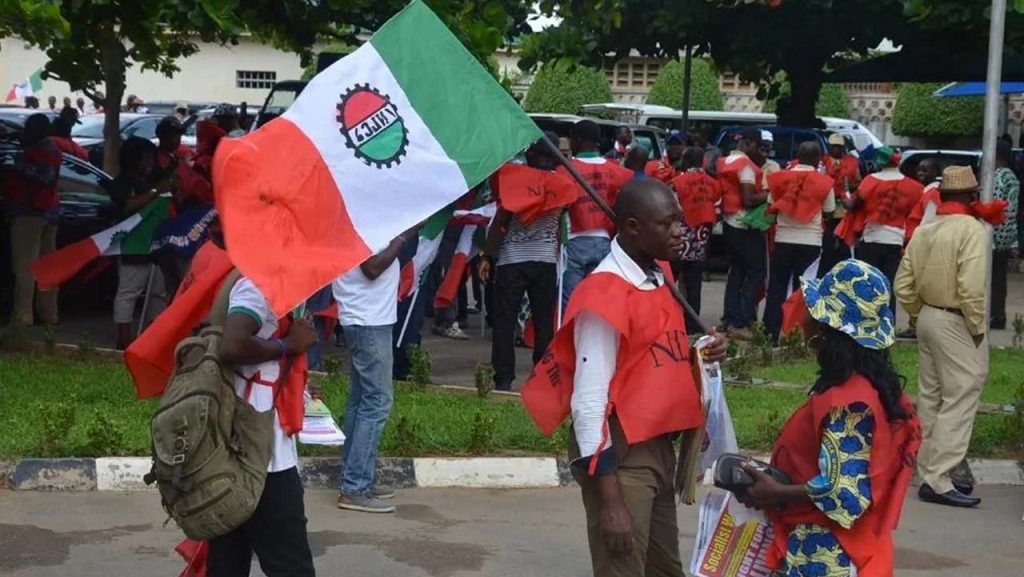The United States has significantly reduced its refugee intake, with a new cap of 7,500 for 2026, down from 125,000 in the previous administration. Notably, the majority of these slots are reserved for members of South Africa’s white Afrikaner minority. The Trump administration cites concerns over discrimination, land seizures, and violence faced by Afrikaners under South Africa’s Black-led government, claims that Pretoria disputes as “completely false.”
To date, approximately 400 Afrikaners have been relocated through a fast-track program initiated earlier this year. Critics argue that this move is motivated by racial considerations and overlooks other pressing global refugee crises. The Afrikaner community, which previously dominated South Africa’s apartheid regime, now comprises less than five percent of the population and remains active in various sectors of society.
President Trump has signed an executive order alleging human rights abuses in South Africa and instructing US agencies to prioritize the resettlement of Afrikaners. This decision has reignited debates surrounding race, refugees, and the United States’ role in global migration. The move has sparked controversy, with some arguing that it undermines the country’s traditional stance on refugee policy and ignores the plight of other vulnerable groups worldwide.
South Africa’s government has long maintained that it is working to address the historical injustices and inequalities perpetuated during the apartheid era. The country’s efforts to redistribute land and promote social cohesion have been ongoing, albeit with challenges. The US decision to prioritize Afrikaner resettlement has been perceived by some as an interference in South Africa’s internal affairs and a departure from the international community’s broader refugee protection efforts.
As the global refugee crisis continues to escalate, the United States’ revised policy has significant implications for its role in providing humanitarian assistance and resettlement opportunities. The reduced refugee cap and prioritization of specific groups may have far-reaching consequences for the country’s reputation as a beacon for those fleeing persecution and conflict. The situation is likely to continue to evolve, with potential repercussions for international relations and the global refugee landscape.



